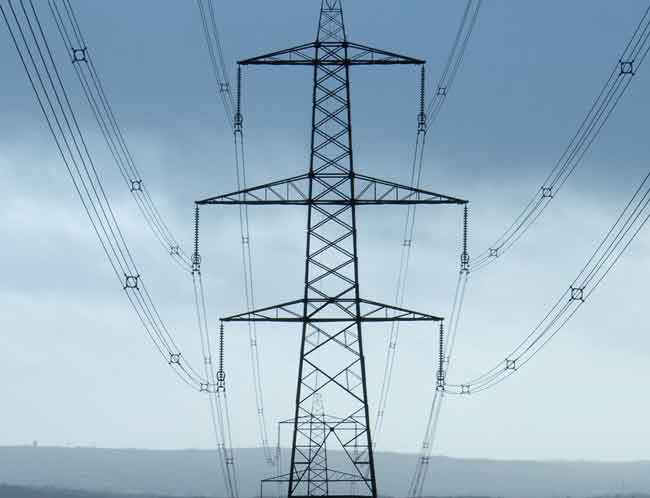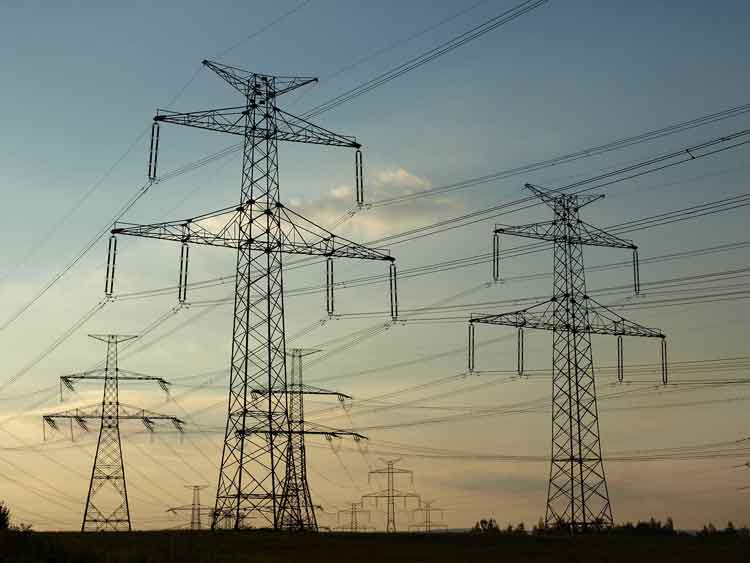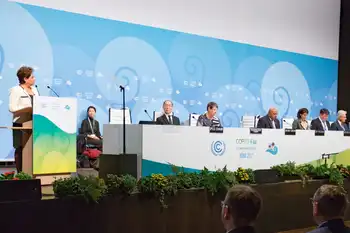Facts scorched in tale of two utilities
"Toronto is a lemonade stand. We are IBM," said Nando Iannicca of Enersource Corp., formerly Mississauga Hydro, during an energetic council discussion recently.
Toronto Hydro, in fact, is a much larger operation. City politicians who sit on its board get no extra pay for their services.
Iannicca was defending the $33,000 to $44,000 income supplement that Mississauga councillors get to sit on the Enersource board, saying they deserve compensation for their contributions.
He said a big difference between the two utilities is that Enersource, which can issue bonds, is subject to Ontario Securities Commission scrutiny and the onerous responsibility of "continuous disclosure."
However, Toronto Hydro spokesperson Tanya Bruckmeller said her utility also has public debt and is monitored in the same way by the OSC.
Iannicca later said his comments on Toronto Hydro's OSC status were based on information provided to him by Enersource staff.
For the fiscal year of 2005, Enersource reported revenues of $793,083,000, while Toronto Hydro's were more than triple that at $2,612,585,000.
The discussion followed the council's decision to raise its representation from two to four seats on the 10-member board of Enersource, which is 90 per cent owned by the city.
Mayor Hazel McCallion, the council's other representative on the Enersource board, then called for a review of the payment structure, because of general inconsistencies in how councillors are rewarded for taking on extra duties.
Related News

On the road to 100 per cent renewables
WASHINGTON - The Union of Concerned Scientists joined with COPAL (Minnesota), GreenRoots (Massachusetts), and the Michigan Environmental Justice Coalition, to better understand the feasibility and implications of leadership states meeting 100 percent of their electricity needs with renewable energy by 2035.
We focused on 24 member states of the United States Climate Alliance, a bipartisan coalition of governors committed to the goals of the 2015 Paris Climate Agreement. We analyzed two main scenarios: business as usual versus 100 percent renewable electricity standards.
Our analysis shows that:
Climate Alliance states can meet 100 percent of their electricity consumption with renewable energy by 2035. This holds true even with strong…





